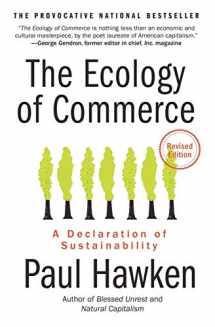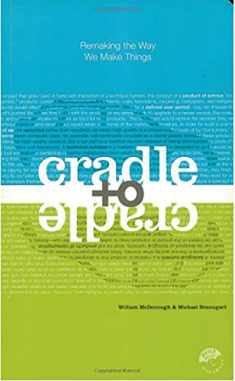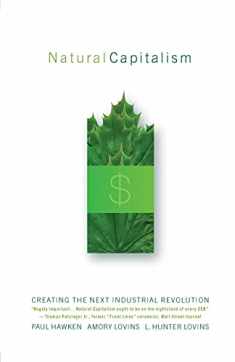
The Ecology of Commerce Revised Edition: A Declaration of Sustainability (Collins Business Essentials)
Book details
Summary
Description
The world has changed in the seventeen years since the controversial initial publication of Paul Hawken's Ecology of Commerce, a stirring treatise about the perceived antagonism between ecology and business. Yet Hawken's impassioned argumentthat business both causes the most egregious abuses of the environment and, crucially, holds the most potential for solving our sustainability problemsis more relevant and resonant than ever.
Containing updated and revised material for a new audience, The Ecology of Commerce presents a compelling vision of the restorative (rather than destructive) economy we must create, centered on eight imperatives:
- Reduce energy carbon emissions 80 percent by 2030 and total natural resource usage 80 percent by 2050.
- Provide secure, stable, and meaningful employment to people everywhere.
- Be self-organizing rather than regulated or morally mandated.
- Honor market principles.
- Restore habitats, ecosystems, and societies to their optimum.
- Rely on current income.
- Be fun and engaging, and strive for an aesthetic outcome.


We would LOVE it if you could help us and other readers by reviewing the book
Book review





